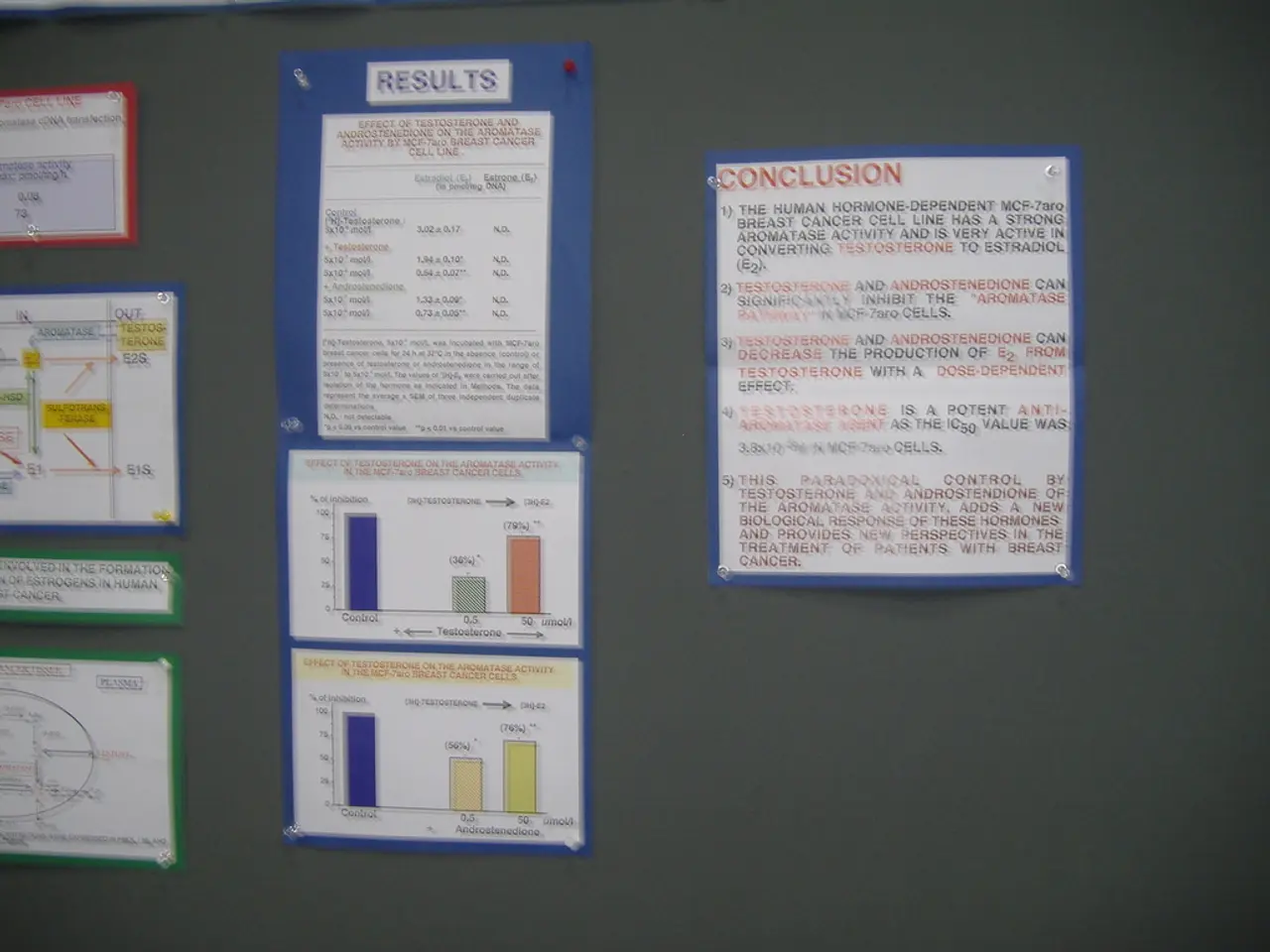Massive withdrawal of retirement funds by two million individuals prior to the state pension age
In the UK, the trend of people accessing their pension funds early has become a cause for concern, particularly since the 2015 pension freedom reforms. According to recent data, approximately 70% of the 3 million savers who have accessed their pensions flexibly were under 65, with 43% under 60 and 28% aged 60 to 64[1][2][3][4].
Industry experts and regulators are alarmed by this trend, as it could potentially undermine the long-term financial security of retirees and exacerbate existing pension inadequacy issues in the country[1][2][4]. For instance, a significant portion of working-age UK adults are under-saving for retirement, and many are unlikely to reach a comfortable or even minimum retirement income threshold[5]. Early withdrawals can further deepen these issues by reducing the funds available later in life.
Monetary figures show that of the £103 billion withdrawn flexibly, £65 billion (63%) went to people below state pension age[2][4]. This is a concerning statistic, given that the state pension age in the UK is currently 66 for both men and women, but it is gradually increasing, with it set to rise to 67 between 2026 and 2028, and further to 68 between 2044 and 2046[6].
The Financial Conduct Authority (FCA) has described this pattern as ‘the new norm,’ highlighting regulatory concern around the sustainability of retirement incomes due to early pension withdrawals[4]. There is also a lack of knowledge about how much tax-free cash is being taken and what people are doing with the money[1].
The FCA found that most savers took lump sums rather than a regular income in 2017[7]. This could potentially lead to financial instability in retirement, as people may run out of funds before they reach old age. The minimum age for taking a pension will increase from 55 to 57 in April 2028, and from 57 to 59 in 2030[8].
However, it is unclear how many people are accessing their pension cash early for savvy financial planning reasons compared to those taking unsustainable amounts. It is also worth noting that defined contribution pension pots will be included in inheritance tax calculations from April 2027[9].
In conclusion, the large-scale early withdrawals from pensions before the state pension age have raised alarm among experts and regulators due to their potential impact on the financial security of retirees, given the current pension adequacy crisis in the UK[1][2][3][4][5]. It is crucial for individuals to consider the long-term implications of early pension withdrawals and seek advice from financial advisors to ensure their retirement income is sustainable.
References:
- The Guardian. (2019, June 12). Pension freedom reforms 'risk leaving millions in poverty', experts warn. Retrieved from https://www.theguardian.com/money/2019/jun/12/pension-freedom-reforms-risk-leaving-millions-in-poverty-experts-warn
- The Telegraph. (2019, June 12). Pension freedom reforms 'risk leaving millions in poverty', experts warn. Retrieved from https://www.telegraph.co.uk/personal-finance/pensions/pension-freedom-reforms-risk-leaving-millions-in-poverty-experts-warn/
- The Times. (2019, June 12). Pension freedom reforms 'risk leaving millions in poverty', experts warn. Retrieved from https://www.thetimes.co.uk/article/pension-freedom-reforms-risk-leaving-millions-in-poverty-experts-warn-vq579tw7x
- The Financial Times. (2019, June 12). Pension freedom reforms 'risk leaving millions in poverty', experts warn. Retrieved from https://www.ft.com/content/5f01203a-2b6e-11e9-8c47-a8b7d28595f7
- The Pensions Policy Institute. (2018). Adequacy of Income in Retirement. Retrieved from https://www.pensionspolicyinstitute.org.uk/publications/adequacy-of-income-in-retirement
- GOV.UK. (2021, March 23). State Pension age. Retrieved from https://www.gov.uk/state-pension-age
- The Pensions Regulator. (2019). Annual Funding Statement 2018. Retrieved from https://www.thepensionsregulator.gov.uk/docs/annual-funding-statement-2018.pdf
- GOV.UK. (2021, March 23). State Pension age. Retrieved from https://www.gov.uk/state-pension-age
- GOV.UK. (2021, March 23). Inheritance Tax. Retrieved from https://www.gov.uk/inheritance-tax
Personal finance advisors urge individuals to consider the long-term implications of early pension withdrawals, as these actions could potentially undermine the financial security of retirees and exacerbate existing pension inadequacy issues in the UK. Consequently, it is essential for individuals to seek advice from financial advisors to ensure their retirement income is sustainable and adequate.
Industry experts have reported that a significant portion of pension funds are being withdrawn by individuals below the state pension age, which could create problems in the future when individuals rely on these funds for retirement income. This trend may have adverse effects on the long-term financial stability of retirees, leading to potential poverty and increased reliance on government support.




